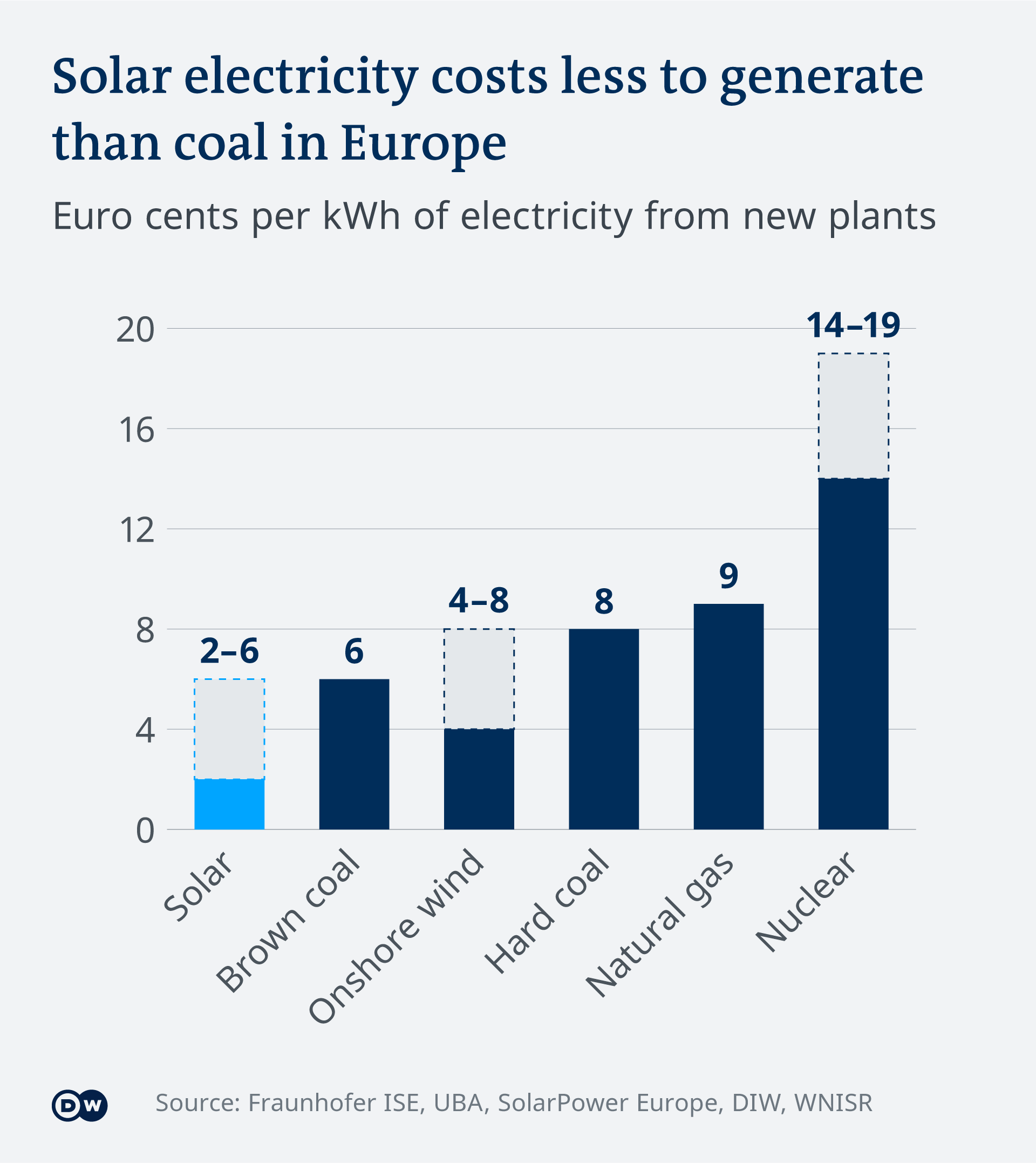Malaysia And Three Others Face US Tariffs On Solar Imports

Table of Contents
Countries Affected by the US Solar Tariffs
The US Department of Commerce has levied anti-dumping and countervailing duties on solar panel imports from four key players in the global solar supply chain: Malaysia, Vietnam, Cambodia, and Thailand. These countries have become major exporters of solar panels in recent years, supplying a significant portion of the global market. The tariffs represent a substantial increase in the cost of importing solar panels from these nations into the US.
- Malaysia: A significant exporter of solar components and finished panels, Malaysia's solar industry is facing a substantial setback due to these new tariffs. The exact volume of Malaysian solar imports affected is still being determined, but the impact on its economy is expected to be significant.
- Vietnam: Vietnam's burgeoning solar manufacturing sector is also heavily impacted. The country has invested heavily in solar panel production, making it a key player in the global supply chain. The tariffs threaten this progress, possibly leading to job losses and decreased investment.
- Cambodia: While a smaller player than Vietnam or Malaysia, Cambodia's solar panel exports to the US are nonetheless affected. The tariffs add another layer of difficulty to its growing economy and ongoing efforts to expand its renewable energy sector.
- Thailand: Similar to Cambodia, Thailand’s solar exports to the U.S. will be negatively affected by the new tariffs, potentially hindering its plans for renewable energy expansion and economic growth.
The economic impact on each country's solar industry is likely to be substantial, potentially leading to reduced production, job losses, and decreased investment in the sector. The specific import volumes for each country are still being compiled and analyzed, but early estimates suggest a significant disruption to the flow of solar products to the US market.
Reasons Behind the Imposition of US Solar Tariffs
The US government justified these tariffs based on an anti-dumping investigation alleging that the four targeted countries were selling solar panels in the US at unfairly low prices (dumping) and circumvented previous tariffs imposed on other countries. The investigation concluded that these practices caused material injury to the domestic US solar industry.
- Summary of the investigation findings: The investigation found evidence of both dumping and circumvention of previous trade measures, concluding that these actions harmed the US solar industry.
- Details of previous tariffs and how these new tariffs aim to address circumvention: These new tariffs are designed to address what the US government considers to be attempts to circumvent earlier trade actions imposed on solar panels from other countries, primarily China. This circumvention allegedly involved shipping components or finished products through intermediary countries.
- Mention any legal challenges to the tariffs: It’s expected that these tariffs will face legal challenges from affected countries through the World Trade Organization (WTO) or other international trade dispute mechanisms.
The stated aim is to protect American solar manufacturers and workers from what the US government views as unfair competition, fostering the growth of the domestic solar energy sector.
Impact of the Tariffs on the Global Solar Industry
The US solar tariffs will have far-reaching consequences for the global solar industry, impacting the entire solar supply chain and potentially hindering global clean energy transition goals.
- Analysis of potential price increases for solar panels globally: The tariffs will likely lead to increased prices for solar panels in the US, and potentially globally, due to reduced supply and increased production costs for manufacturers in affected countries.
- Discussion of the impact on ongoing and future solar energy projects: Ongoing and planned solar energy projects in the US may face delays or cost overruns as a result of the increased prices and potential supply chain disruptions.
- Mention the potential for shifting supply chains to other countries: The tariffs might cause a shift in the solar supply chain, as buyers seek alternative sources of solar panels from countries not subject to these tariffs. This could benefit solar producers in other regions, but could also lead to further market instability.
Potential Responses from Affected Countries
The affected countries are likely to respond to these tariffs through various channels:
- Mention any statements made by the governments of affected countries: Official government statements from Malaysia, Vietnam, Cambodia, and Thailand have expressed concerns and are likely to explore options for addressing the US tariffs.
- Speculate on potential retaliatory measures: Retaliatory tariffs on US goods or disputes through the WTO are possible responses, escalating the trade tensions. Negotiations and diplomatic efforts to find a resolution are also anticipated.
Conclusion
The US imposition of tariffs on solar imports from Malaysia, Vietnam, Cambodia, and Thailand represents a significant challenge to the global solar industry and the broader push for clean energy. These tariffs, driven by allegations of dumping and circumvention, threaten to disrupt the supply chain, increase prices, and potentially delay clean energy initiatives worldwide. Affected countries may respond through legal challenges, retaliatory measures, or diplomatic negotiations. The long-term consequences of these tariffs remain to be seen, but their immediate impact on the global solar market is undeniably substantial. To stay informed about the evolving landscape of US solar tariffs and their influence on clean energy trade, continued monitoring of related news and official statements is crucial. Stay informed about further developments related to US solar tariffs and their impact on global clean energy initiatives; understanding the implications for solar panel imports and the wider clean energy transition is vital for all stakeholders.

Featured Posts
-
 Cassidy Hutchinson Memoir A Fall 2024 Release On Her January 6th Testimony
May 30, 2025
Cassidy Hutchinson Memoir A Fall 2024 Release On Her January 6th Testimony
May 30, 2025 -
 Montecarlo Final Musettis Injury And Alcarazs Victory
May 30, 2025
Montecarlo Final Musettis Injury And Alcarazs Victory
May 30, 2025 -
 Elon Musks Alleged Paternity New Twins And The Amber Heard Connection
May 30, 2025
Elon Musks Alleged Paternity New Twins And The Amber Heard Connection
May 30, 2025 -
 An Insiders Guide To Paris Best Neighborhoods
May 30, 2025
An Insiders Guide To Paris Best Neighborhoods
May 30, 2025 -
 Bad Bunny Conciertos Madrid And Barcelona Entradas A La Venta En Ticketmaster
May 30, 2025
Bad Bunny Conciertos Madrid And Barcelona Entradas A La Venta En Ticketmaster
May 30, 2025
